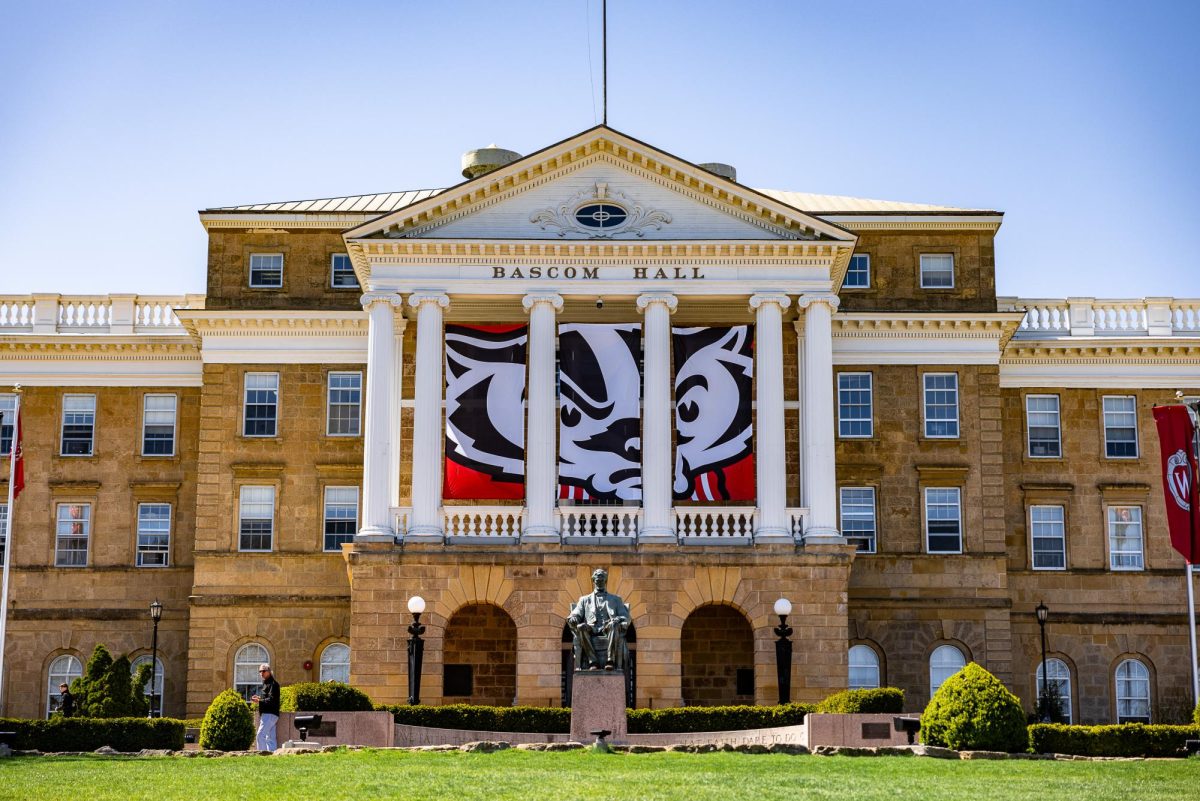A prominent University of Wisconsin faculty member testified at a Senate committee on college affordability Tuesday and said states need to increase funding for higher education and called for a reduction in loans.
UW educational policy studies and sociology professor Sara Goldrick-Rab was part of a Senate committee panel on college affordability. She said public and private colleges are currently engaged in an “arms race” for higher tuition, which colleges think equates to higher quality.
She recommended measures such as strengthening grants and targeting them to the neediest, reducing loans and increasing higher education funding as ways of making colleges more affordable and diverse.
“The decision to move away from a low-tuition approach to higher education, coupled with a refusal to regulate how institutions set prices has forced millions of students into debt,” Goldrick-Rab said. “Loans are the new normal because of political choices, not because there are no alternatives.”
If the government reduced the number of loans, she said, states would be forced to look at their “bottom line” and recognize they need to increase funding for higher education.
Sen. Tammy Baldwin, D-Wis., thanked Goldrick-Rab for her testimony and said the country has been “losing ground” on out-educating other countries, partly because of people not affording college.
“I think sometimes we’ve forgotten the role that access to higher education plays in giving meaning to the American dream – making it real, not just a dream,” Baldwin said.
Sen. Christopher Murphy, D-Conn., said he recently met with a group of high school graduates who were volunteering in the community but were not enrolled in college.
When he asked them whether affordability is a reason why they are not in college, he said they looked at him like he had “horns on [his] head,” as that was the only reason.
Goldrick-Rab said low-income students typically work the most and are also the most unprepared for college. As a result, she said, many end up with debt but no college degree.
“The best way to address that is to reduce the costs of going to college so that it doesn’t require one to work such long hours and to borrow,” Goldrick-Rab said. “If one works 40 hours a week during college and has grant aid, there’s a question about why there should still be cost left over for loans.”















